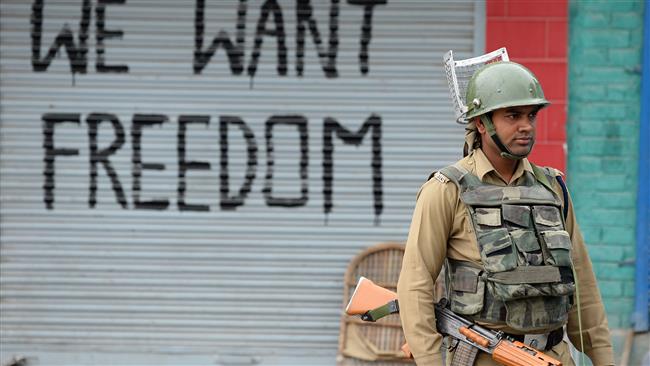
RNA - The move started after Prime Minister Narendra Modi appointed Yogi Adityanath as chief minister of the most populous state of Uttar Pradesh following the BJP landslide victory in elections there this month.
Adityanath ordered the closure of unlicensed abattoirs across the northern state of Uttar Pradesh, home to over 200 million people, on March 18.
In recent days, several other BJP-ruled states, including Jharkhand, Rajasthan, Uttarakhand, Chhattisgarh and Madhya Pradesh, have followed suit.
The developments come as demands by right-wing Hindu groups to stop the slaughter of cows, considered holy in Hinduism, could fuel communal tensions with Muslims.
Rajiv Tuli, media coordinator of the Rashtriya Swayamsevak Sangh, the ideological parent of the BJP has defended the action, saying, "If it is legal, nobody has a right to stop it. But if it is illegal, why should this be allowed to function? We believe in the rule of the land."
A senior BJP official also said that the ban was part of the party's election manifesto in Uttar Pradesh and followed through on the stand taken by Premier Modi during the 2014 general election campaign.
"Even Modiji vowed to put an end to pink revolution during the 2014 election campaign, so there is nothing wrong in shutting down illegal shops," the official said, using a term of respect and referring to the modernization of meat and poultry processing units.
Neerja Chowdhury, a political commentator, however, said that the move by a number of state governments has led to "a huge sense of apprehension in the minority section."
"The debate is beyond legal and illegal. Only recently cow vigilante groups have burned down slaughter houses, creating an environment of insecurity," Chowdhury said, referring to a series of attacks in Uttar Pradesh.
Several incidents of anti-Muslim violence have fueled concerns as religious intolerance is growing under the Hindu nationalist government.
Abdul Faheem Qureshi, president of the Muslim All India Jamiatul Quresh Action Committee that represents the cause of meat sellers, said his organization was considering legal action.
"Even we respect Hindu sentiments and are against cow slaughter," Qureshi said. "But this is being carried out only for political gains."
Manish Tewari, opposition Congress party member and spokesman, said slaughterhouse owners must seek legal recourse.
Muslims working in the meat industry are fearful for their jobs and meat sellers in Uttar Pradesh have gone on strike in protest.
Slaughtering cows is banned in many states of India, where the majority of the population is Hindu. The move has been seen by religious minorities as a sign of the growing power of hard-line Hindus.
India's history is pockmarked by horrific Hindu-Muslim communal clashes in the past. In Modi's home state of Gujarat, 1,000 people, mostly Muslims, lost their lives after a wave of riots in 2002 when he was chief minister.
847/940